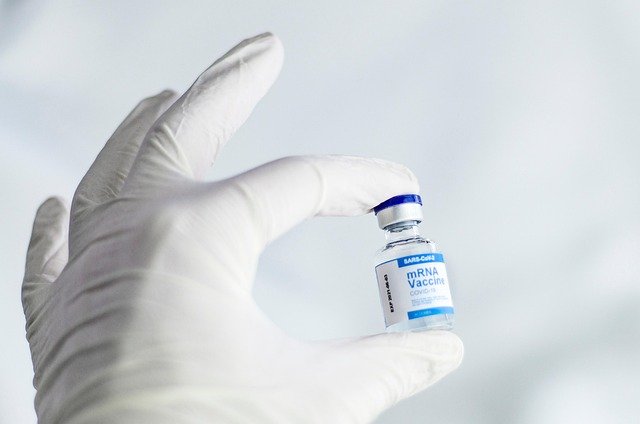Understanding Sperm Donation: Process, Considerations, and Possible Outcomes
Sperm donation is a medical procedure that allows individuals or couples to conceive a child with the help of a sperm donor. This process is crucial for many who face fertility challenges or for those in same-sex partnerships. Understanding the intricacies of sperm donation is vital for both potential donors and recipients as it involves not only a medical procedure but also legal and ethical considerations. The relevance of sperm donation has increased over the years with advancements in reproductive technology. It provides a viable option for those unable to conceive naturally and plays a significant role in family planning. This article delves into the various aspects of sperm donation, offering insights into the process, considerations for donors, and the potential outcomes for all parties involved.

What is sperm donation and how does it work?
Sperm donation is the voluntary provision of semen by a man to help others conceive a child. The process typically involves visiting a sperm bank, where donors undergo thorough screening and testing. Once approved, donors provide semen samples that are frozen and stored for future use. Recipients can then select a donor based on various criteria, such as physical characteristics, education, and medical history.
How to become a sperm donor?
Becoming a sperm donor involves several steps. First, potential donors must meet basic requirements, which often include being between 18 and 40 years old, in good health, and having a clean medical history. The next step is to contact a reputable sperm bank and complete an initial application. If accepted, candidates undergo extensive medical and genetic testing, provide detailed personal and family medical histories, and submit to psychological evaluations. Successful applicants then sign legal agreements and commit to regular donations over a specified period.
What are the medical and legal considerations for sperm donors?
Sperm donation involves both medical and legal considerations. From a medical standpoint, donors must undergo comprehensive health screenings to ensure they are free from genetic disorders, infectious diseases, and other health issues that could be passed on to offspring. Legally, donors must sign contracts that outline their rights and responsibilities, including agreements regarding anonymity or potential future contact with any resulting children. It’s crucial for donors to understand the long-term implications of their decision and seek legal advice if necessary.
What is the sperm donation compensation process?
Sperm donation compensation varies depending on the sperm bank and location. While many countries prohibit payment for sperm donation beyond reimbursement for expenses, some allow for monetary compensation. In countries where compensation is permitted, donors typically receive payment for each accepted sample, with additional bonuses for reaching donation milestones or for samples of exceptional quality.
| Sperm Bank | Location | Compensation Range (per donation) |
|---|---|---|
| European Sperm Bank | Denmark | €30 - €70 |
| Cryos International | Denmark | €30 - €70 |
| California Cryobank | USA | $100 - $125 |
| Fairfax Cryobank | USA | $100 - $175 |
Prices, rates, or cost estimates mentioned in this article are based on the latest available information but may change over time. Independent research is advised before making financial decisions.
What are the potential outcomes and ethical considerations of sperm donation?
Sperm donation can lead to various outcomes, both for donors and recipients. For recipients, it can result in successful pregnancies and the joy of parenthood. Donors may experience satisfaction from helping others, but they should also be prepared for the possibility of genetic offspring existing in the world. Ethical considerations include the rights of donor-conceived individuals to know their genetic origins, the potential for inadvertent consanguineous relationships, and the psychological impact on all parties involved. Some countries have regulations limiting the number of children a single donor can father to address these concerns.
How do sperm banks ensure quality and safety in the donation process?
Sperm banks play a crucial role in ensuring the quality and safety of donated sperm. They implement rigorous screening processes, including genetic testing, infectious disease screening, and regular health check-ups for donors. Samples are carefully analyzed for sperm count, motility, and morphology to ensure they meet high-quality standards. Sperm banks also maintain detailed records and implement strict protocols for sample storage and handling to prevent mix-ups or contamination. Additionally, they provide comprehensive information about donors to recipients, helping them make informed decisions.
In conclusion, sperm donation is a complex process that requires careful consideration from all parties involved. While it offers hope to those struggling with infertility, it also comes with significant medical, legal, and ethical implications. Potential donors and recipients should thoroughly research and understand all aspects of sperm donation before making a decision. As societal attitudes and regulations continue to evolve, it’s important to stay informed about the latest developments in this field.
This article is for informational purposes only and should not be considered medical advice. Please consult a qualified healthcare professional for personalized guidance and treatment.




